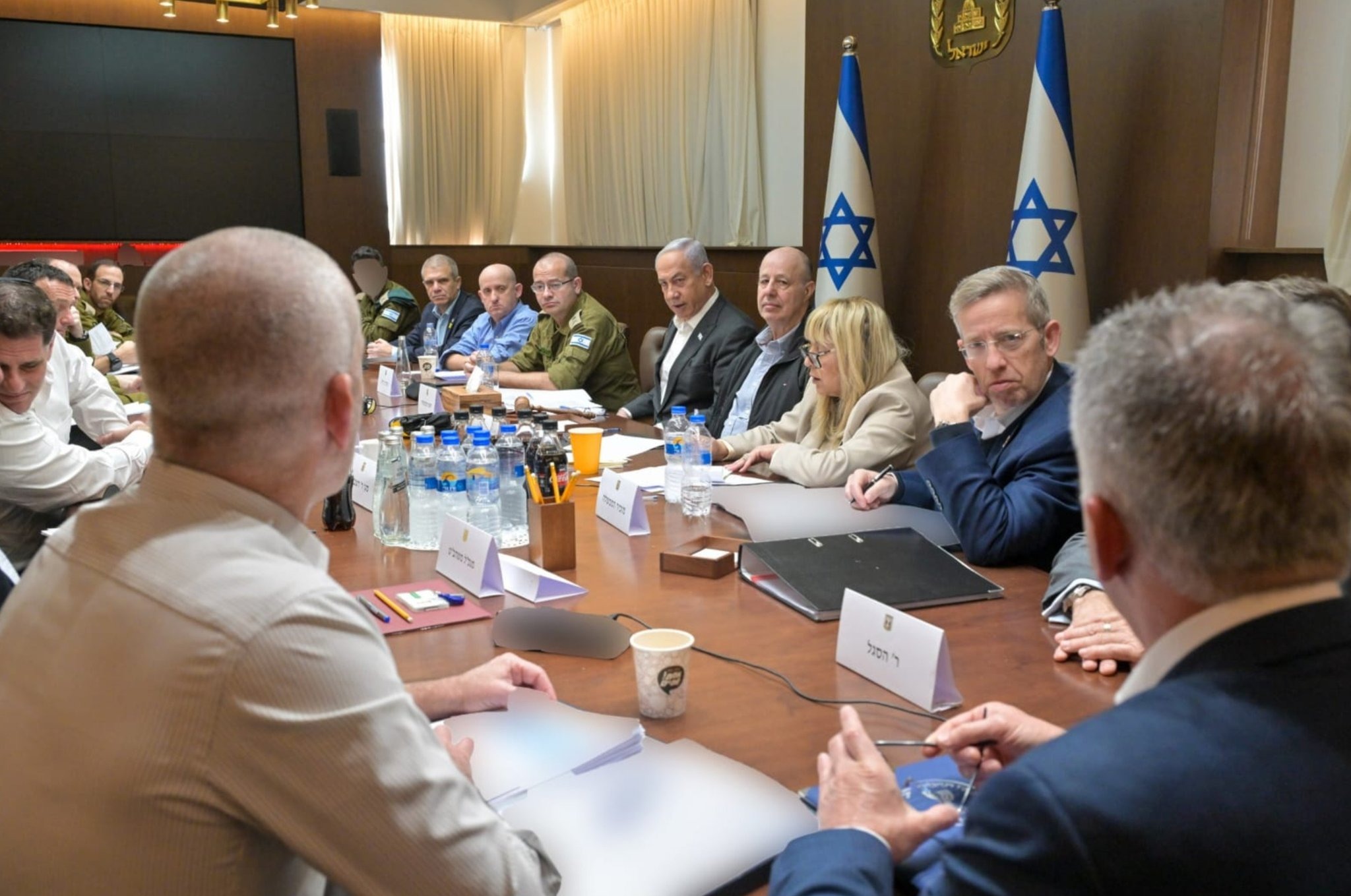In a significant move toward ending the ongoing conflict between Israel and Hamas, Israel’s security cabinet has recommended approval of a ceasefire deal aimed at alleviating the humanitarian crisis in Gaza. The decision marks a pivotal moment in the long-standing hostilities that have resulted in extensive loss of life and widespread devastation. While the security cabinet has expressed strong support for the ceasefire, the full approval from Israel’s cabinet is still pending.
The Ceasefire Proposal
The ceasefire proposal comes after a period of intense negotiations, primarily mediated by international players, including Qatar and Egypt. The deal focuses on halting the exchange of fire and aims to ensure the safe return of hostages held by Hamas. Israel, which has been conducting airstrikes in Gaza in response to Hamas’s actions, has been under increasing pressure from the international community to prioritize the safety and well-being of civilians, especially the hostages.
In his remarks, Prime Minister Benjamin Netanyahu instructed a special task force to prepare for the return of the hostages from Gaza. He expressed his commitment to ensuring the safe passage of these individuals back to Israel. The families of the hostages have been notified that a deal has been reached, though the specific details regarding the release of individuals and the timing of their return remain under wraps.
The Role of the International Community
International involvement in the peace negotiations has been instrumental in reaching the potential ceasefire agreement. The United States, European Union, and several Middle Eastern nations have actively urged both Israel and Hamas to de-escalate hostilities and focus on humanitarian efforts. The United Nations has also raised concerns over the devastating impact of the conflict on Gaza’s civilian population, urging both parties to allow for the delivery of aid.
Qatar has played a crucial role as a mediator, working closely with both Israeli and Hamas representatives. According to sources familiar with the negotiations, Qatar’s efforts have been pivotal in bringing the two sides to the negotiating table. The hope is that this ceasefire could serve as a stepping stone toward a more comprehensive and lasting peace agreement.
Hostage Release and Humanitarian Considerations
One of the critical aspects of the ceasefire deal is the release of hostages held by Hamas. Israel has made it clear that the return of its citizens and foreign nationals who have been captured is a top priority. In addition to Israeli nationals, the hostages include individuals from various countries, including France, the United States, and several Arab nations. These hostages have been subjected to inhumane conditions and their release is expected to be a significant point in the broader negotiations.
On the humanitarian front, the ceasefire deal would allow for the safe delivery of aid to Gaza, which has been facing critical shortages of food, water, and medical supplies. The United Nations has described the situation in Gaza as dire, with the ongoing conflict exacerbating the already strained conditions. The ceasefire is expected to provide a temporary window for relief efforts to reach those in need.
Domestic and Political Reactions
In Israel, the potential ceasefire has sparked mixed reactions. While many Israelis have welcomed the news, hoping it will bring an end to the violence and save lives, there are also concerns about the security implications of such a deal. Some critics argue that a ceasefire without addressing the root causes of the conflict could lead to a resurgence of violence in the future.
Prime Minister Netanyahu’s government, however, has stressed that the ceasefire is a tactical decision aimed at addressing immediate humanitarian concerns. Israel’s security cabinet has reaffirmed its commitment to protecting Israeli citizens and has vowed to maintain a strong defense posture.
The Road Ahead
As Israel’s full cabinet prepares to meet for the final approval of the ceasefire, the international community remains hopeful that this step will bring about a reduction in violence and pave the way for further peace negotiations. The hostages’ release and the humanitarian relief efforts are expected to be the initial phases of the deal, but the ultimate goal remains a lasting and comprehensive peace agreement that addresses the underlying issues of the Israeli-Palestinian conflict.
While the ceasefire has been seen as a positive development, both Israel and Hamas will need to navigate complex political and security concerns as they move forward. The success of this agreement could potentially open the door for further diplomatic efforts to resolve the conflict and address the humanitarian needs of the Gaza Strip.





